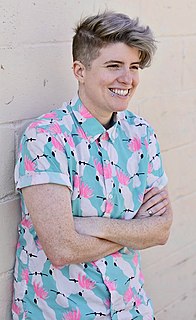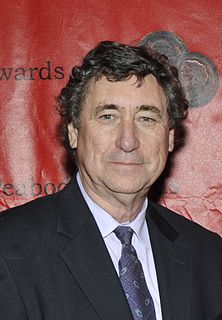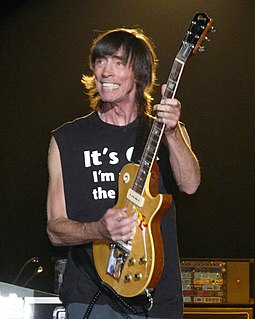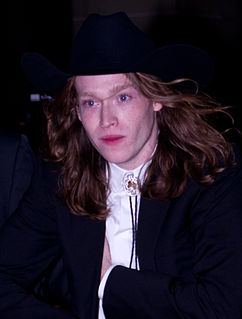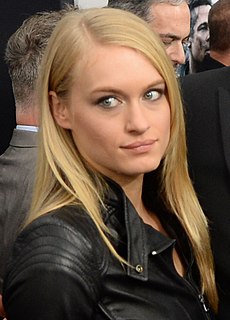A Quote by Maisie Williams
As soon as someone finds out something you're insecure about or that bothers you, they will use that against you, which is awful.
Related Quotes
If your partner asks you if something bothers you, and something bothers you, the best thing you can do is say, "Yes, it bothers me." Otherwise you create a situation where they think everything is fine, continue with the offending behavior, while you build up a secret reservoir of resentment that will eventually come pouring out, to their shock.
If you're a good fighter on the street, you don't have to tell anybody that you're good at fighting. Let someone else talk about how great you are at this or that or whatever is the case. And if no one finds out then no one finds out, that's fine too. But I think leading by example is always the strongest.
Under the natural course of things each citizen tends towards his fittest function. Those who are competent to the kind of work they undertake, succeed, and, in the average of cases, are advanced in proportion to their efficiency; while the incompetent, society soon finds out, ceases to employ, forces to try something easier, and eventually turns to use.
I will use a form of punctuation of my own, which will be something like this - when one is beginning he takes a long breath, for this use a capital. When he stops for breath, a comma, and when it is all gone, a period. Don't know the use of a semi-colon, but expect it is when one thinks he is out of breath and isn't.
We academic scientists move within a certain sphere, we can go on being useless up to a point, in the confidence that sooner or later some use will be found for our studies. The mathematician, of course, prides himself on being totally useless, but usually turns out to be the most useful of the lot. He finds the solution but he is not interested in what the problem is: sooner or later, someone will find the problem to which his solution is the answer.
I want my music to be something that people use in order to access parts of themselves. So in that sense, every piece I write is about all emotions at once, about the lines in between. It's never only about one thing or another. It's emotionally getting at those things that we can't really describe - things for which we don't have labels. So yes, it's about something, and it has a use. It's neither about nothing nor about something concrete - it's about what you bring to it as a listener.

